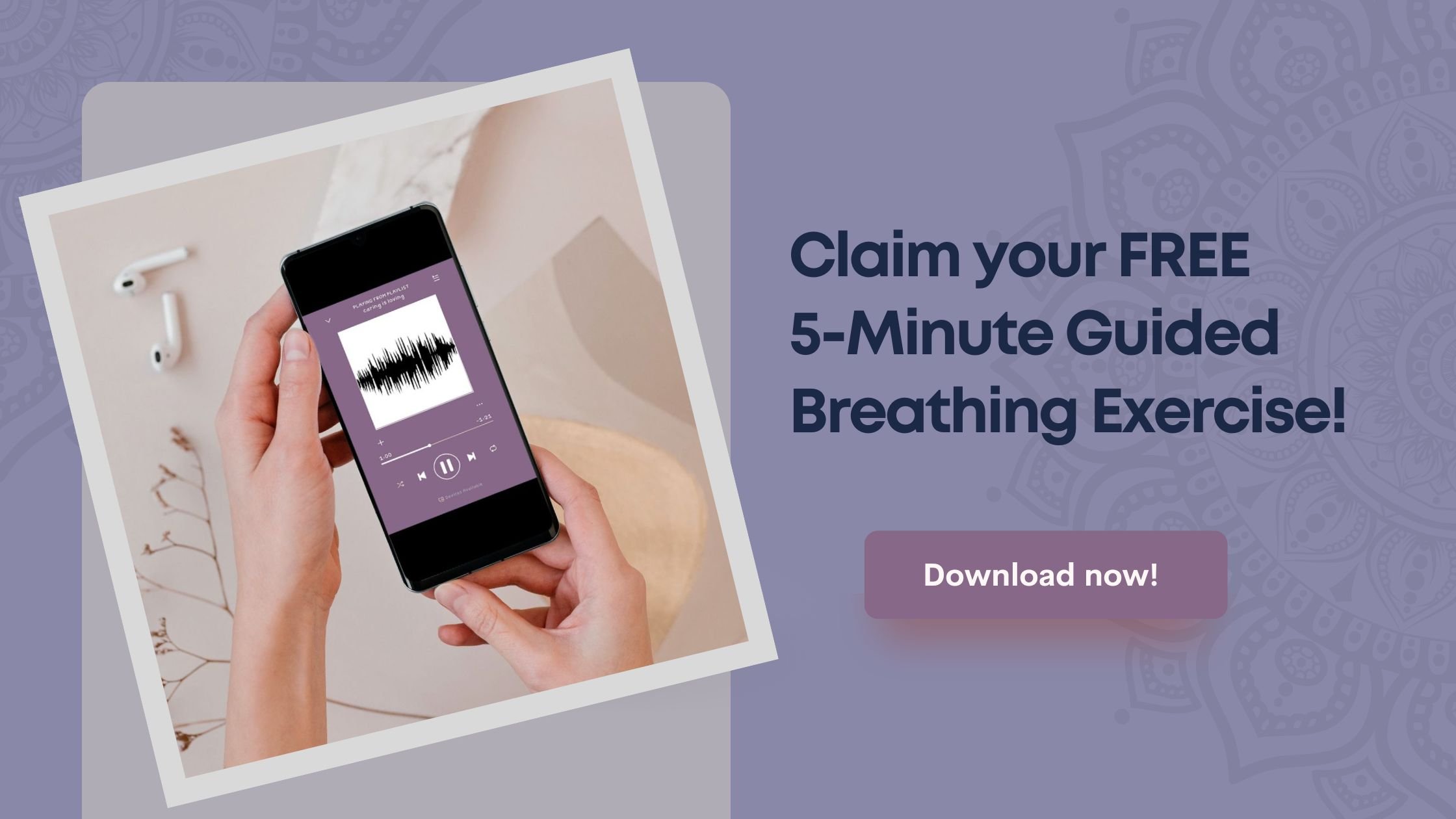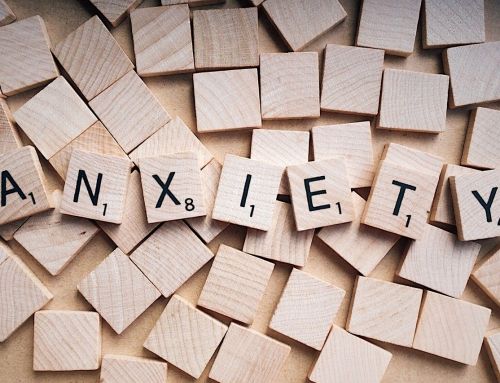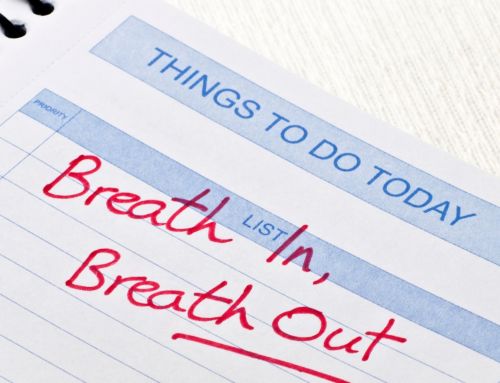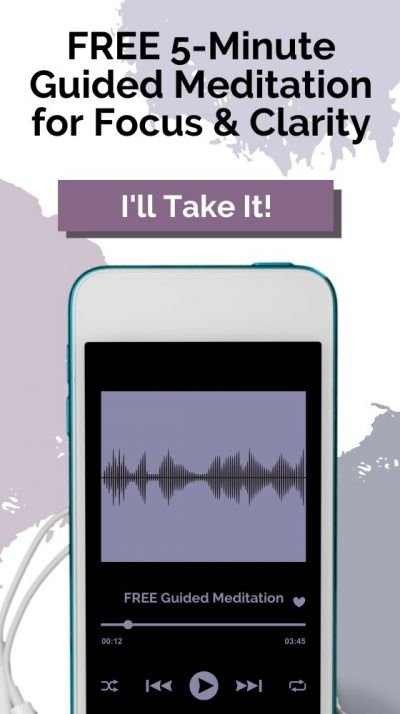Is Breathwork Safe? Should you Hop On Board This Popular Trend?
![is-breathwork-safe-v2 Is breathwork safe? Should you hop on board this popular trend? [image of safety gear]](https://breatheinchillout.com/wp-content/uploads/2022/03/is-breathwork-safe-v2.jpg)
With all the recent attention that breathwork and breathing exercises are receiving, you’re probably wondering If you should join in on this popular trend. After all, there are so many benefits. But is all that hype really true? Does it work, and is breathwork safe? So let’s take a deep dive into what is breathwork, does breathwork work, and is breathwork dangerous.
Breathwork Definition
So, let’s start with what is breathwork? Breathwork is simply controlling our breathing pattern. We can change the speed of our breathing, how deep or shallow we breath, or the length of our inhales and exhales. Depending on how we change our breathing we can take advantage of the many different benefits of breathwork. Some of the benefits that we can gain (depending on the breathing exercise we choose) are reducing our stress levels, reducing anxiety, improving our mood, improving our focus, boosting digestion, improving sleep, lowering blood pressure, lowering our heart rate, and regulating our energy levels.
Does Breathwork Work
Is breathwork legit? Yes, science is now proving what yogis and other traditions have known for thousands of years. Both Stanford and Yale have researchers dedicated to exploring the connection between breathwork and our nervous system. Researchers now know that breathwork works by taking advantage of the connection between breathing and our nervous system.
When we’re in the middle of a stressful experience trying to think our way calm isn’t always possible. No matter how much you know you should calm down, that doesn’t always help. That’s when it’s helpful to take advantage of breathing’s connection directly to our nervous system to trigger a calming response.
For information on how breathwork affects our nervous system, you can check out my previous blog post: How Breathwork Works? Effective Practice or Just Woo Woo.
Breathwork Side Effects
When choosing more challenging or advanced breathing exercises, like holotropic breathwork, or breathing exercises with extended breath holds, it’s important to work with a breathwork coach. This will help you to avoid having any breathwork side effects. A coach will make sure that you are practicing techniques correctly. With more advanced techniques you could experience tingling, blurred vision, dizziness, muscle spasms, or ringing in the ears. These side effects are temporary and your coach can help you avoid them altogether.
Thankfully, with basic breathing exercises, side effects are rare. Basic breathing exercises are exercises that involve deep breathing without any extended breath holds, or hyperventilation (very fast breathing). These basic deep breathing exercises are the perfect place for a beginner to start. Basic deep breathing exercises are great for relieving stress, reducing anxiety, and helping to improve sleep.
When Not to do Breathwork
There are a few situations when you should not do breathwork at all, or situations when you should be cautious about the types of breathing exercises you choose to practice.
Never do any breathwork or breathing exercises in or around water. This is never a good idea.
Be very cautious doing breathwork while driving. If you find yourself very stressed while you’re driving you can use breathwork techniques to find relief, but only choose what I call “balanced breathing techniques”. Balanced breathing techniques have a moderate speed, neither slow nor fast, there are no breath holds, and the length of inhales and exhales are fairly even. Balanced breathing techniques are very safe and can be used any time of the day anywhere.
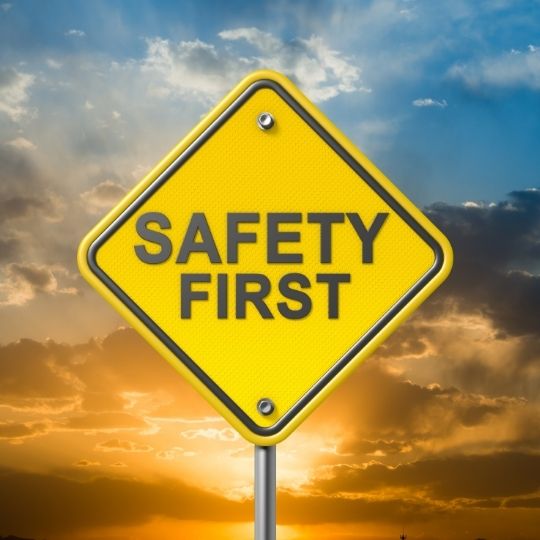
If you choose to do breathwork standing or walking, choose a balanced breathing technique. Also, make sure you are practicing in an area that is free from any obstacles. The biggest risk here is tripping or falling on something.
So…Is Breathwork Safe & Healthy
The bottom line when it comes to “is breathwork good for you”, yes, yes it is. If you are healthy with no medical conditions, starting a basic breathwork practice is a perfectly safe natural way to improve your overall physical and mental health.
Breathwork can also help with many medical conditions, but be sure to check with your physician about your specific condition before starting a practice.
For in depth information on safety considerations for specific medical conditions the American Lung Association has lots of information on Lung Health & Wellness.
If you know someone who is also wondering is breathwork safe, use the buttons below to share this post with them.

